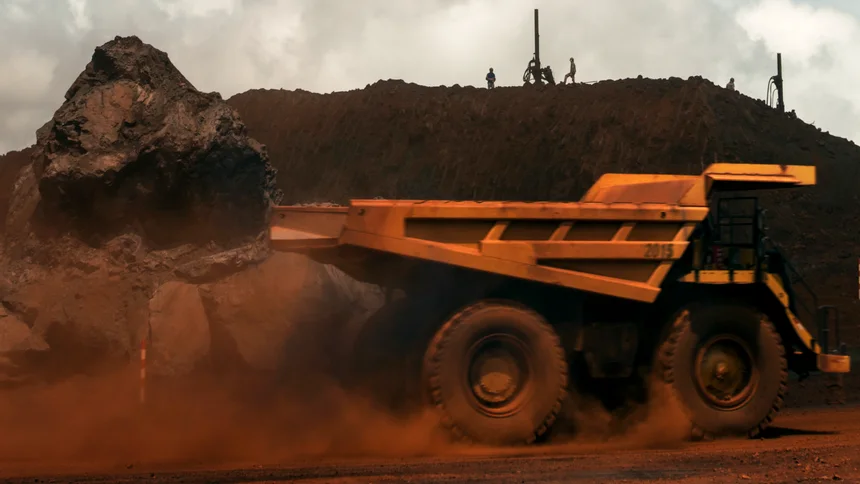Price increases continue to draw all attention, but in the financial markets where industrial metals are traded, there is a reversal, signaling the risks of a global recession.
“Doctor Copper” does not bode well for the world economy. The price trend of this industrial metal is often seen as one of the best leading indicators of global economic performance—hence the financial market jargon referring to copper as “Doctor Copper,” capable of predicting economic turning points more accurately than any PhD in Economics. In recent months, despite all the attention being focused on price increases, copper and other industrial metal prices are rapidly declining, signaling risks of a possible global recession.
According to the Financial Times, the S&P GSCI index has dropped more than 9% since mid-August, accumulating a 17% decline since the beginning of the year despite having risen more than 25% in the first weeks following Russia’s invasion of Ukraine. This index tracks the performance of metals such as copper, nickel, and aluminum, essential materials for the global industry. Copper, in particular, fell nearly 6% just last week.
“All of this is due to the recession and recession risks,” commented Clive Burstow, a commodities market analyst at Barings. “The fear is that we are in an energy crisis that will cause a recession—the question is how deep the recession will be,” he adds.
The decline of this index deepened after news on Friday afternoon that Russian natural gas supply through the Nord Stream 1 pipeline would not be resumed, not even partially, as previously believed. Moscow on Monday blamed Western countries, considering the Nord Stream 1 interruption a consequence of sanctions and implying that the supply will not be restarted unless the sanctions are lifted.
The rise in energy prices is causing what economists call “demand destruction,” with companies and families reducing purchases due to the loss of disposable income caused by the overall price increase in the economy. On the other hand, copper and other base metal prices are also reacting to various uninspiring economic indicators emerging from China, a country that has been imposing new general lockdowns in populous cities as part of its “zero-Covid” policy.
SOURCE: observador.pt

